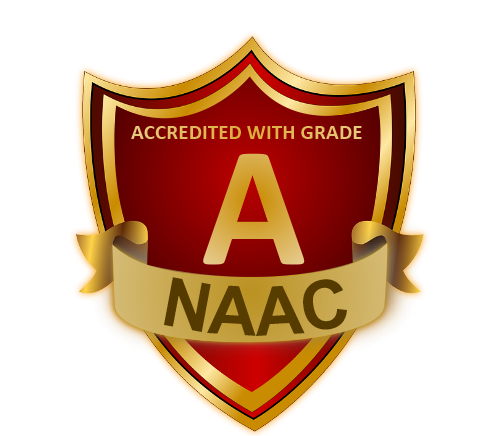 Counselling Code: 2734
Counselling Code: 2734


DEPARTMENT of Electrical & Electronics Engineering
PROGRAM EDUCATIONAL objectives
PROGRAM EDUCATIONAL OBJECTIVE 1
Graduates are competent enough to meet the industrial requirements, have a better career and pursue higher studies in any specialized area of interest.
PROGRAM EDUCATIONAL OBJECTIVE 2
Graduates are kindled to foresee the technical challenges, provide optimal ways to handle them through innovative methodologies (research) for the benefit of the society.
PROGRAM EDUCATIONAL OBJECTIVE 3
Graduates imbibed with the ability to explore their skills and resourcefulness to invent, design and realize novel technology.
PROGRAM EDUCATIONAL OBJECTIVE 4
Graduates are capable to demonstrate their ability to work in a team by facilitating the achievements of fellow members, in accomplishing the professional and organizational goals with ethical and moral values.
PROGRAM EDUCATIONAL OBJECTIVE 5
Graduates keep themselves abreast of emerging technologies, continually learn new skills, and actively participate in professional communities to nourish ever-developing careers.
OUR
PROGRAMME SPECIFIC OUTCOMES
PROGRAM SPECIFIC OUTCOME 1
Technocratic solutions: Enhanced technical skills to offer apt solutions for electrical engineering problems through advanced technologies like embedded system based technology to comply with industrial requirement.
PROGRAM SPECIFIC OUTCOME 2
Energy conservation: To enhance the generation and utilization of renewable energy through optimal strategies with a clear understanding on energy conservation for better tomorrow.
